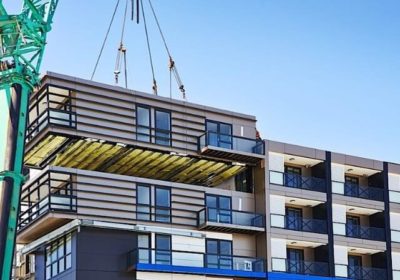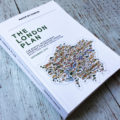I still remember vividly my first job in property. Having gone back to university in my mid-twenties to retrain, I had managed to get onto CBRE’s prestigious graduate scheme. I was aware on joining that the market had taken a down turn. I recall other large property firms withdrawing their graduate schemes but CBRE taking a longer-term view.
This was extremely welcome as I had to choose between CBRE and another firm as to where I would start my career. The other no longer exists and withdrew their scheme shortly before it was due to start. I was very glad that CBRE stayed the course and I felt I’d made a wise choice.
Despite the positivity shown by CBRE, it became apparent that I was joining an industry and a company in the midst of no ordinary downturn. The recession of 2007-2009 wreaked havoc on the property and construction industry.
The two years I spent at CBRE were characterised by bank instructions to reclaim or to evaluate assets that had gone bad. Picking over the bones of once exciting and ambitious projects is not morale enhancing. There was very little actual development work to be done.
Residential development which had not already started, simply ceased. Major regeneration projects vital to meet London’s growing population were shelved. Many developers and contractors went under and banks reclaimed real estate assets across the country.
There was some countercyclical activity which held parts of the market together and I recall working on projects that continued throughout the recession. One was student housing where investors were able to take a longer-term view.
The other was big box retail development and in-particular super market expansion which at the time was going through a growth spurt as retailers sought positions across the country. Unfortunately, overall though it was a gloomy experience but one which taught me much.
Looking back at the period, three things stick out. Firstly, the banks were hopelessly exposed. I remember developers with third party debt running at 100% of the construction cost. There were also too many lenders in the space and many simply did not have the procedures or the understanding of real estate to effectively manage their loan books.
Secondly, there were not enough alternatives and innovators. The resi sector was a for sale only model. This really meant that if you couldn’t get confident selling, then there was no way out when the down valuations came in.
Finally, the public sector particularly at a local and regional level were too slow to respond. Big infrastructure projects in the pipeline were not brought forward quickly enough to keep activity going. Central Government at the time did show leadership, particularly at an international and macro-economic level. However, the local side was not there quickly enough to stoke demand as the private sector retrenched.
My takeaway is that whilst we certainly will never end boom and bust, at least until AI is running the world, there is a lot more sophistication today in the real estate sector then say ten years ago. I am particularly interested in the rise of private rental institutional investors, an entirely new sector which is starting to play a meaningful role. A role I will return to in later posts









